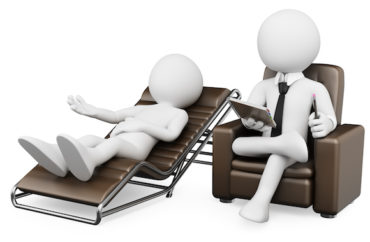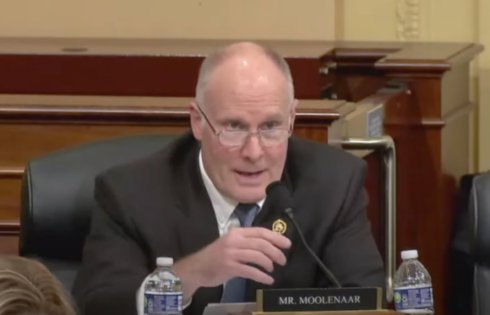
Reports of anxiety, depression leading to special privileges like longer test-times
The number of college students reporting psychological disorders and handicaps has jumped significantly in recent years, with upwards of 25% of first-year students reporting some sort of mental disorder, a classification which often grants them special privileges in the classroom.
“[W]hile all claimed disabilities have ticked up since 2010, the biggest jump has been in self-described ‘psychological disorders’,” write Joy Pullmann at The Federalist.
Indeed, a report from The Wall Street Journal shows that, while all claimed disabilities—physical, psychological, learning and ADHD—have increased over roughly the past decade, the uptick in psychological disorders has been far sharper, nearly double the rate of ADHD, the second-highest. As well, from 2011 to 2016, “the number of students with special accommodations increased by an average of 71% among 22 flagship state schools.”
As Pullmann points out, “huge percentages of college students say they feel overwhelmed, anxious, depressed, even suicidal. Colleges are responding by installing live-in counselors in dorms and hiking fees to pay for additional psychological health staff.”
From the article:
Viewed one way, this is a little confusing. Certainly I often felt stressed while in college, but I worked more than full-time hours on academics due to a genuinely challenging curriculum, while holding senior positions in campus life and part-time jobs. That’s not the typical college experience, data show. The average “full-time” college student today spends less than 20 hours per week on academics, meaning class time and study combined. Typical students spend far more time on leisure activities like shopping and socializing than on academics…
You can’t tell me 20 hours a week of the typically milquetoast make-work that doesn’t genuinely deserve to be called “academics” is so stressful that it causes two-thirds of college students to feel “overwhelming anxiety.” I’ve seen “graduate-level” assignments that comprise writing brief online forum posts and PowerPoint presentations, and not from the kind of institutions people think of as diploma mills, either. If a sixth grader can do it, it’s not “graduate-level” work, let alone “college-level” work.
Nearly half of college students make no noticeable academic improvement in their first two years of college. Yet approximately 85 percent of college students are receiving taxpayer subsidies. We’re paying millions of young people to hang around, learn very little, and indulge themselves with taxpayer-underwritten luxuries like“leisure pools,” “lazy rivers,” and comedy shows that underwear-wadded college staff scrub of “cis-het jokes.”
“It would be laughable if it weren’t so infuriatingly fraudulent, revoltingly gluttonous, and existentially threatening,” Pullmann writes. “So if it’s largely not the college workload stressing them out, what’s wrong with these kids?”
MORE: Therapy dogs, chocolate, Play-Doh: Universities offer ways to cope with finals
IMAGE: Texelart / Shutterstock.com
Like The College Fix on Facebook / Follow us on Twitter





Please join the conversation about our stories on Facebook, Twitter, Instagram, Reddit, MeWe, Rumble, Gab, Minds and Gettr.